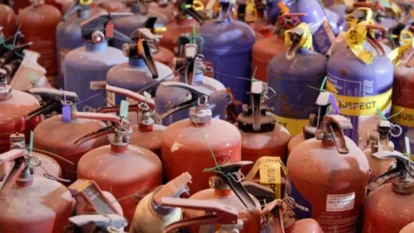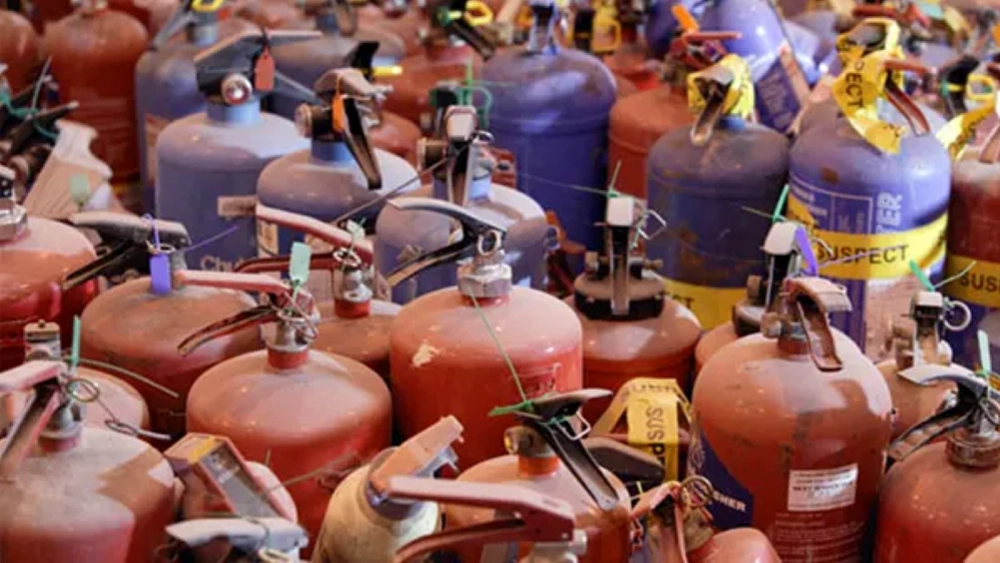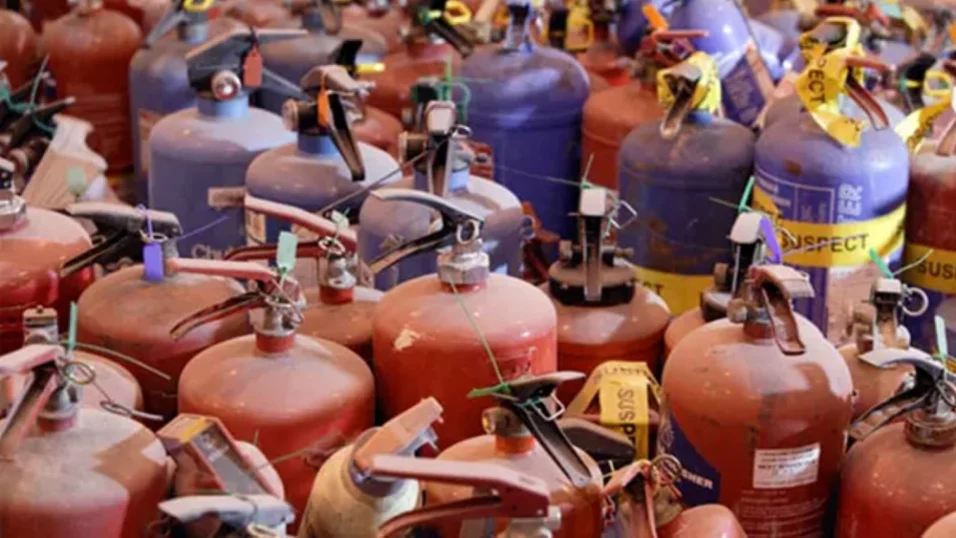



Not all fire extinguisher disposal methods are made equal
By Chubb | 1st March 2020




By Chubb | 1st March 2020
Our world is changing. Trends in urbanisation and population growth require more sustainable solutions to move the world forward. From a business perspective, sustainability means that companies can do good for the planet whilst also doing good for employees, communities and customers. As a fire and security business, Chubb protects businesses globally, helping to make the world a safer place.However, the very tool that is used to counter the threat of fire also poses an environmental and physical threat of its own. A fire extinguisher is a pressurised product and classified as hazardous waste. This means care must be taken in its disposal to avoid causing harm to people and the environment. There have been a number of cases recorded in the media of accidents occurring after fire extinguishers are not properly disposed of. When it comes to fire extinguishers, not all disposal methods are made equal. In reality, there are significant differences in safety and environmental impact depending on the disposal method you choose. For example, there was a very serious incident of a fire extinguisher being carelessly thrown into the back of a rubbish-collection lorry. This might sound like a routine and harmless incident. However, the pressure of the rubbish-collection truck caused the ‘disposed of’ fire extinguisher to explode. Luckily no one was injured, but the risk to the waste-collection workers and to the people in the surrounding area was significant. This incident could have been totally avoided with the application of the correct fire extinguisher disposal method. While domestic disposal is provided by the state, businesses are required to dispose of their fire extinguishers themselves. While most businesses are responsible, there are some who resort to illegal fly tipping. Earlier this year, a pile of 400 extinguishers was found dumped in the UK’s beauty area of the Peak District, causing an environmental risk as well as a danger to life. So, what questions should you ask when looking to dispose of your fire extinguisher? 1. What is the rating and type of your fire extinguisher? 2. At what point in its life cycle is your fire extinguisher, and has it been used before? 3. Is your fire extinguisher still pressurised? Always look to release any excess pressure and leave your fire extinguisher to settle for a few days. 4. Where can I dispose of my used fire extinguisher? Do not just throw out your fire extinguisher, and definitely do not leave it out in the street! Domestic disposal is available through recycling centres. Commercial disposal is available through your fire and security service provider. Last year Chubb Fire & Security Extinguisher Recycling Unit, a dedicated facility offering a service for the safe processing, recycling and disposal of fire extinguishers across the UK, recycled 85,784 extinguishers. The recycled plastic can be re-used in road-surfacing products, children’s play areas, rail production for aggregates, or simply recycled to have a new life as another product. Chubb has worked closely with the Environment Agency to develop safe, efficient and environmentally friendly processes, ensuring that that its site maintains its ISO14001 certification. Every business has a legal responsibility to protect its people, buildings and assets from the hazards of fire. Failure to do so can result in prosecution, even if you have outsourced the disposal to a third party. Part of this responsibility means ensuring that all firefighting equipment including extinguishers is maintained and serviced properly by a competent person. As with any pressurised container, a fire extinguisher should be treated with respect. In fact, a fire extinguisher can become dangerous if it has been mistreated or abused, or if it has reached the end of its life cycle. Ensure your business complies, and always recycle responsibly.